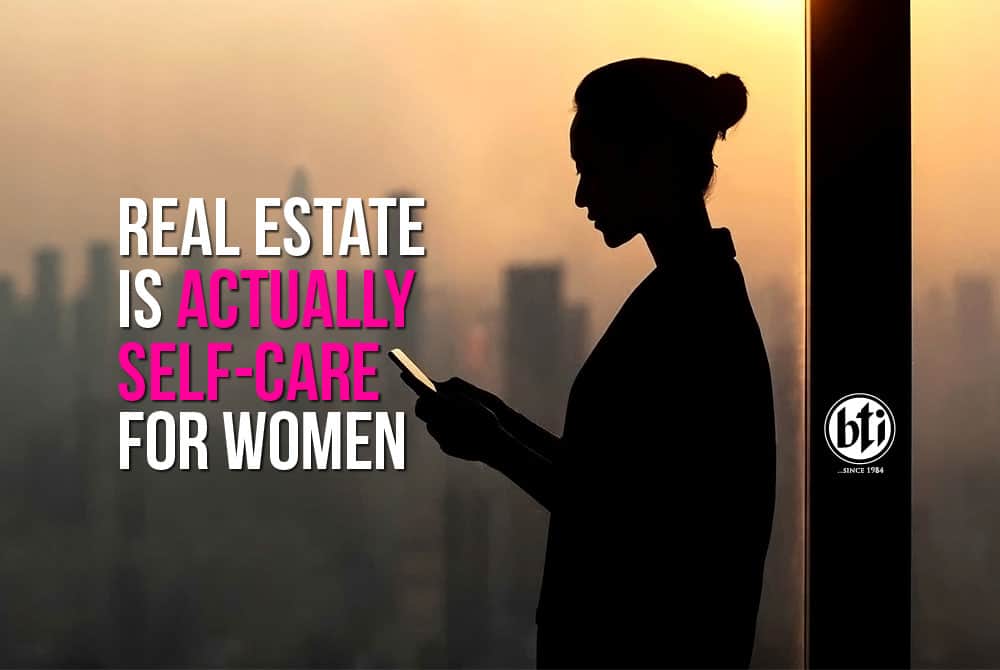
One can never truly feel secure without a home – a roof over their head and a place that they could return to after a long day. In Bangladesh the scenario is quite different for women from the rest of the world. Men have it relatively easy here. According to several studies, although female participation in the workforce has commendably increased, there is still a wide gender gap, especially in terms of property ownership. Women are still behind when it comes to owning assets, access to finance, and employment despite rapid urbanization. So why is that, and how can we truly embrace equity if these issues are not solved? Let us dig deep into the situation of women owning real estate in Bangladesh.
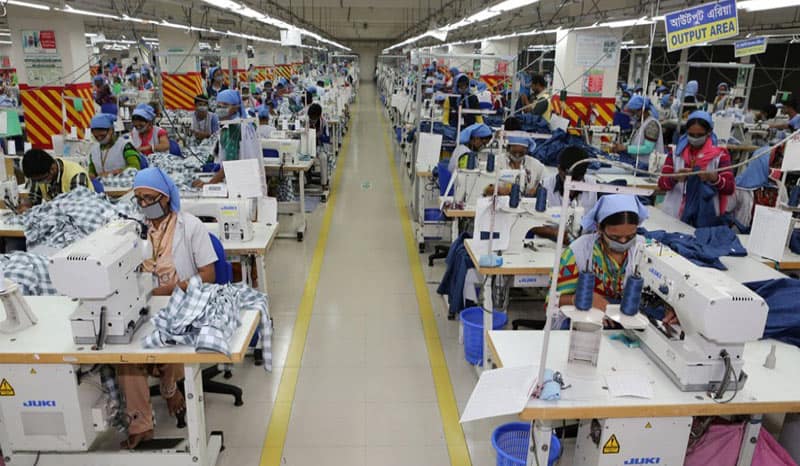
Source: Center for Policy Dialogue
The Problems
Owning a home sets the stage for empowerment, identity, security, dignity, a sense of belonging, and financial independence. A property is also a store of wealth and source of income. In an ideal nation, enhanced property ownership should influence economic behaviors positively, because property ownership also helps alleviate poverty. A study in Bangladesh pointed out that women owning properties have more decision-making authority in their families, mobility, and ability to seek employment or participate in politics. Further studies have shown that women’s property ownership is necessary for a nation’s growth and reducing poverty, yet women are not encouraged to own properties here. On the contrary, women are more prone to eviction than men even if they own the property (22% against 15%), especially women and divorcees.
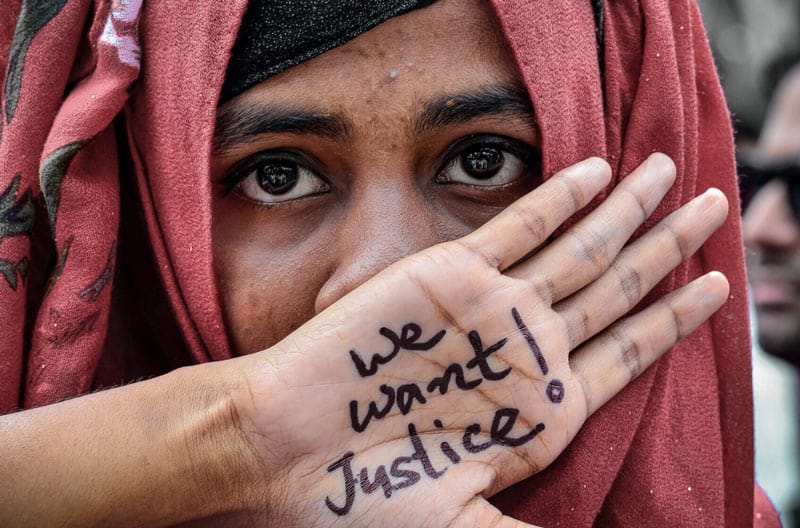
Source: Peace for Asia
- Customary Laws: Women in Bangladesh often do not own properties for the sake of maintaining kinship – a tradition known as naior. According to this practice, it is more honorable for a woman to waive their rights to inheritance to their brothers so that they can continue to visit their paternal home and seek protection in case of a future marital dispute. Sometimes parents are not confident about their daughters’ ability to manage property and want them to jointly manage with their male partners, because men are seen as the ones responsible for economic decisions. Parents also tend to believe that women are not capable of utilizing financial assets, and choose to instead pass property to their sons.
- Religious Laws: 90% of Bangladeshis are Muslims. Despite Islamic inheritance law ensuring women property rights from their fathers, husbands, and other applicable male members of the family, most women are denied these rights.
- Traditional Inheritance Laws: In Bangladesh although by law men and women have equal rights to property inheritance, in reality the practice does not exist. In rural areas, land and house ownership are considered joint assets of a couple. The more children they will have, the more division of assets, and as a result children often contest inheritance citing unfairness. Women are generally not given agricultural land that can be useful for their financial independence. They are usually given lands with disputes or of lower value, while the men inherit agricultural land and homes sometimes. Due to rural-to-urban migration, these values have seeped into urban settings as well. As a result, women continue to face property disputes with their relatives. Widowed, divorced, and single women with children are more likely to be evicted and cheated out of inheritance, as they have no male family member to rely on.
- Misuse of Information & Knowledge: Women are less aware than men about their rights, and even if they are aware, they choose to remain silent about property ownership for fear of disowning by the family, eviction, and gender-based discrimination. Land administration in Bangladesh is riddled with corruption, which has favored men with more money, power, and authority to deny women ownership to real estate.
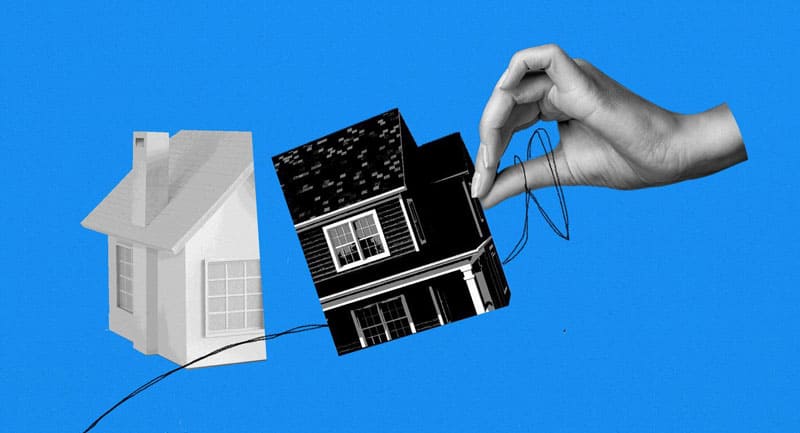
Source: The Lily
In Bangladesh, women on average spend 20 hours at home compared to 14 hours of men and are more responsible for domestic work, yet they cannot call their father or their husband’s home their own. Interestingly, a study of 1300 urban households in Dhaka pointed out that 4.2% men had possession of property ownership documents, compared to 2.9% of women. This disparity may be because possessing property related documents is considered to bequeath more financial security. Property owning women may give property ownership documents to their male counterparts out of marital duty, and even allow their decisions related to the property.
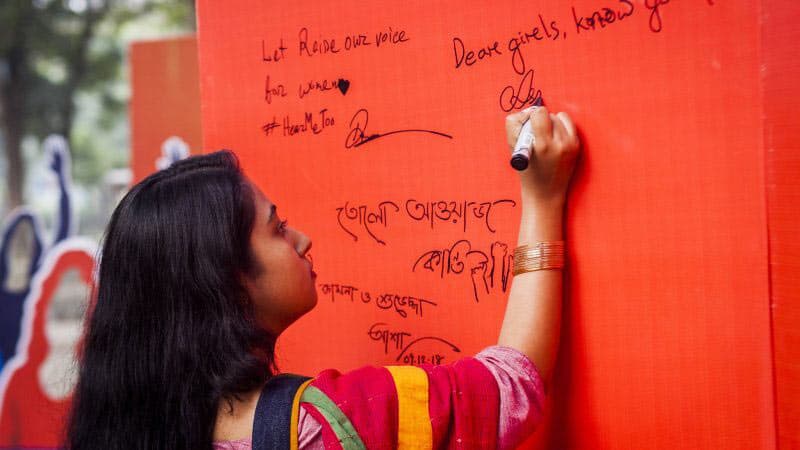
Source: Global Voices
The Solutions
Women in Bangladesh in general are financially insecure and lack a sense of belonging. Their ability to make financial decisions is questioned by family members and society. This is detrimental to the nation’s economic situation. This begs the question – how can we ensure property ownership and empowerment among women in a fair manner? Here are a few tips!
- Gather More Information: Learn and let others learn. If you are a woman reading this, understand your rights and find out more. Familiarize yourself with finance terms, observe the real estate industry, and discuss with other women about investing. A support group or female community is crucial here. If necessary, read as many books, articles, blogs, discuss with real estate experts, attend workshops.
- Take Calculated Steps: Not only do you have to do math (literally), you will also have to weigh pros and cons of investing in real estate based on your budget and financial stance. As a widow or a single woman, things will be even more difficult, but it is important to remain steadfast and confident in your earning abilities. Nowadays, banks and financial institutions offer amazing home loans for women only. These kinds of schemes can not only empower you with property ownership, but also contribute to healing and emotional development.
- Take That Leap: Sooner or later, simply talking and learning will not do. You have to make your first move as a real estate investor. Remember, whatever you will buy is generational wealth, and so the future of your children depends on it. Although joint ownership is a good idea, for some women it is not feasible. Heartbreaking marital issues, domestic problems, divorce, and simply growing apart from your spouse will make you see things differently. It is always good to have some savings of your own and a place of your own.
- Find a Mentor: Do you know any women who are already savvy real estate investors and experts in financing? Seek their help and spend time with them, so that their wisdom might brush on to you.

There is nothing scary about property ownership as long as you are confident and are well-versed in the real estate industry. Women in Bangladesh are more educated than ever, more proactive in the national workforce, and more confident in some cases than men. Still, there is room for improvement. The gender gap in the real estate industry can be tackled by encouraging women empowerment through property ownership. Not only is this a way of building the nation, this is also a form of financial care and self-love for so many women out there who need a place they could call home sweet home.